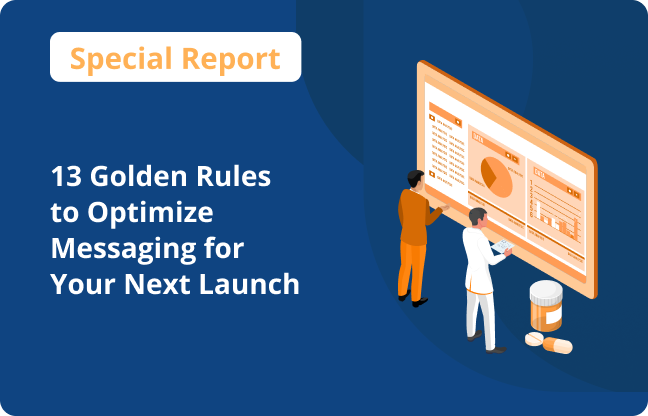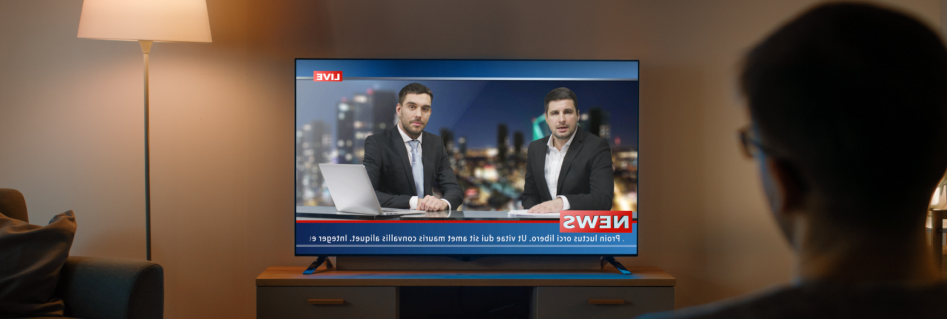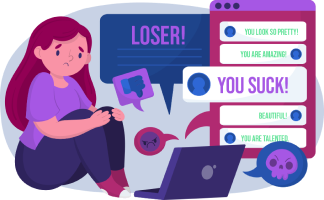We tend to notice evidence that supports our preconceived notions and dismiss/disregard evidence that goes against them. In essence, we see what we wish to see, and we ignore what we don't want to see.
Confirmation Bias is a parent to many illusions and biases and it affects our core cognitive function – attention, or our ability to select or ignore the information. When we confirm or disconfirm our ideas or feelings with selective information, we start holding on to those feelings/ideas more strongly.
-
ServiceContent Creation
Optimize Pharma GTM communications
-
Market Research
Innovative messaging market research
-
Machine Learning
Analyze messaging with algorithms








